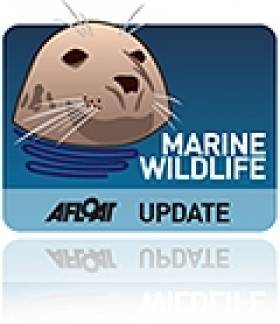Displaying items by tag: pollock
Kerry Fishermen Want Seal Cull
Kerry fishermen are calling for a cull of the local grey seal population over claims that they eat up to 10kg of fish a day, The Irish Times reports on marine animals.
Fishermen along the Kerry coast are arguing the the seals are "over-protected", are too great in number and are posing a threat to salmon conservation, as well as depleting stocks of hake and pollock.
Concerns are on the rise that seals will be culled illegally if there is no official intervention on the matter. However, the National Parks and Wildlife Service has ruled out any action.
Locals in the Blasket Islands have claimed that more than 1,200 seals inhabit the area. Research by the Seal Track programme showed only 400 seals in the Blaskets in 2003, down over 40% from 1998 numbers.
The Irish Times has more on the story HERE.






























































